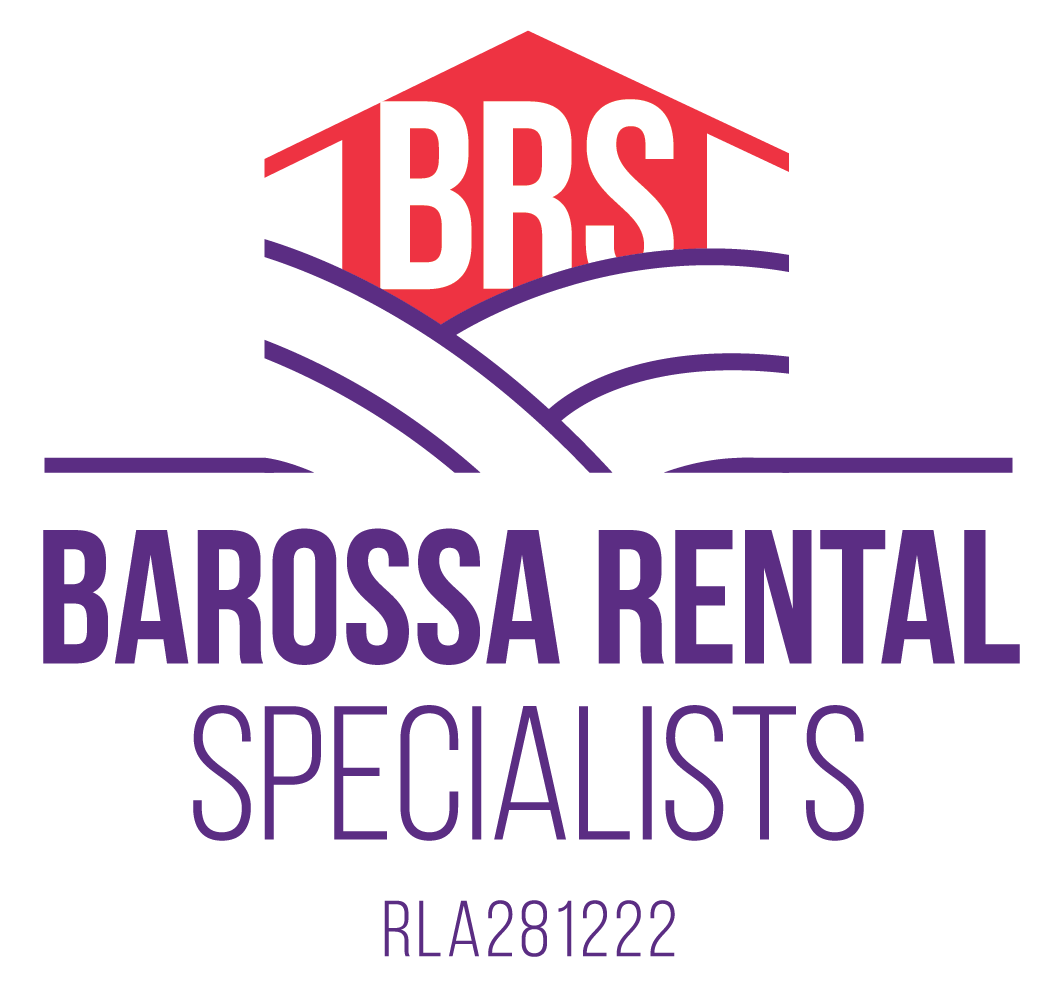Are you thinking of increasing the rent?
If you are, are you aware that several legislative changes have happened in the industry which will affect the way you deal with rent increases?
A number of amendments were made to the Residential Tenancies Act 1995 commencing 1st March 2014, which apply to all landlords, including landlords who privately manage their own properties.
Even though these changes happened over three years ago, not all landlords are aware of their responsibilities and the trouble they can be in with SACAT (the South Australian Civil and Administrative Tribunal) by contravening the Act.
When can you apply a rent increase?
Most landlords will know that a period of 60 days notice needs to be given to a tenant prior to a rent increase. Did you know that – since 1st March 2014 – this can only occur when 12 months has passed since the commencement of the tenancy agreement or when the rent was last increased?
The ruling prior to 1st March 2014 was that a rent increase could be applied after 6 months (given the appropriate 60 days notice) even during a fixed term tenancy. This is no longer the case.
Currently a rent increase can only take effect during the fixed term if the increase was written into the original tenancy agreement. Landlords must think ahead and ensure the ingoing agreement covers this likelihood.
If both parties agree to a rent increase it can happen at any time. Why? When might this situation apply? It can apply when the landlord makes an improvement to the property which the tenant will benefit from. For example, the landlord may agree to install ducted air-conditioning if the tenant agrees to pay an extra $X a week.
What method do you use to collect the rent?
A landlord, or an agent on behalf of a landlord, must give a tenant an alternative way of paying rent other than cash or a rent collection agency (where fees are applied to the tenant). If rent is paid electronically then it’s considered paid on the date it appears in the Authorised Deposit-Taking Institution (ADIs).
Changes to the Residential Tenancies Act in South Australia are constant and a professional property manager keeps up-to-date with these.
Further changes occurred as of 3rd July this year, which I will continue to discuss in forthcoming columns. In particular, the changes apply to procedures for:
– Landlord right to entry
– Termination by a tenant if the residential
premises is for sale
– Abandoned property (other than personal
documents)
These changes offer solutions to several issues raised by the industry. Please contact me for any clarification of the above.
If you own an investment property and want peace of mind,
contact Lisa Akeroyd of Barossa Rental Specialists on
0414 335 660 to discuss your rental management strategy.
